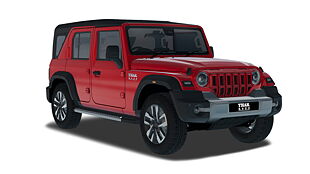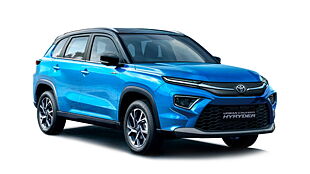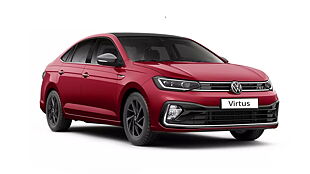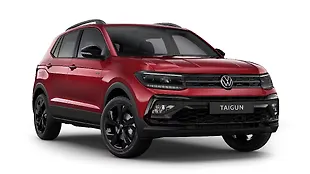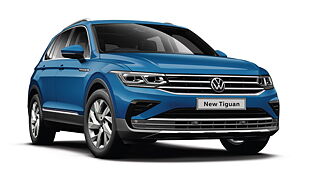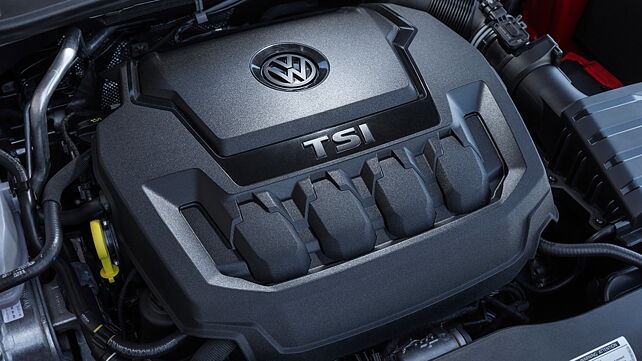
The Right Downsizing
The saying ‘there is no replacement for displacement’ is seldom used today, mostly because the current era in car engines has all been about downsizing - the trend of using a smaller capacity engine than traditionally used in a similarly sized car. But it’s not just about making the engine smaller, it’s also about making it smarter. Volkswagen’s TSI petrol engine family has been refined for over a decade, delivering more in terms of fuel efficiency and performance, as well as reducing emissions. Here’s how TSI technology is making cars more fun, economical and greener:
What is TSI?

‘Turbocharged Stratified Injection’ are the most advanced components of a new family of engines that Volkswagen has developed over the past 15 years. Turbocharging and direct fuel injection allow a smaller capacity engine to develop more, if not equal, power as compared to a larger naturally-aspirated engine – offering significantly longer range per litre of fuel and being more eco-friendly as well.
Volkswagen’s TSI technology has been at the forefront of advancing the use of internal combustion engines at a time when focus on efficiency and emissions is under greater scrutiny than ever before. Its contributions are so revolutionary that it has been recognised nine years in a row with the International Engine of the Year Award (in the 1.0-litre to 1.4-litre) – more than any other engine in the event’s 20-year history.
Volkswagen’s ACT (Active Cylinder Management) technology, the first-of-its-kind cylinder deactivation system for four-cylinder engines, was also recognised for its innovation in fuel-efficiency in 2012. The system, currently offered in the T-Roc SUV in India, seamlessly shuts off two cylinders in low-load situations like highway cruising.
Advantages for customers with TSI

Lean and Mean: Lower displacement engines have two big inherent advantages - lower overall weight and friction. The engine is one of the heaviest components of the car and making it lighter means less strain on the engine, which improves efficiency and performance. Lower weight also helps improve steering feel, cornering ability and ride comfort - especially in front-engined, front-wheel-drive cars.
Precision: Direct fuel injection, which in the case of Volkswagen’s TSI technology, uses individual injectors to shoot precise amounts of fuel directly into the cylinders, consuming less fuel and burning it cleanly. Optimum use of fuel equals less wastage and a cleaner burn is good for performance as well as the environment. Direct injection also boosts performance, with the change in power demand instantly met with more fuel being injected into the cylinders.
Responsible Performance: Turbocharging helps a smaller engine develop as much, and often more power as compared to a naturally aspirated engine - ‘there is no replacement for displacement’ is no longer part of the gospel. Turbocharging helps negate one of the weakest performance points for a petrol engine - low-end performance - providing a torque boost which neatly blends in with its high-revving powerband. With performance improved across the board, TSI engines are efficient even at lower, commuter speeds, improving overall fuel efficiency.
The Volkswagen TSI range in India

Volkswagen India’s renewed strategy aims at improving the accessibility and offering better cost of ownership for customers and TSI technology is an integral part of that plan. TSI technology is being localised, beginning with the 1.0 TSI engine, promising competitively priced products. Parts localisation and increased training is also reducing servicing costs for these advanced engines while maintaining the high standards of quality and workmanship typical of all Volkswagen products. New products are also in the pipeline to offer more customers the chance to own a Volkswagen with unmatched build quality, spacious interiors, advanced digital interface – all, of course, powered by TSI.
Volkswagen’s current range of cars in India are powered by TSI petrol engines. The Volkswagen Polo and Vento are powered by a 1.0-litre, three-cylinder TSI motor, the born confident Volkswagen T-Roc SUV is powered by a 1.5-litre, four-cylinder TSI motor with the first-in-segment Active Cylinder deactivation Technology (ACT) and the spacious family SUV Volkswagen Tiguan AllSpace is powered by a 2.0-litre, four-cylinder TSI motor.
![Volkswagen T-Roc [2020-2021] Image Volkswagen T-Roc [2020-2021] Image](https://imgd.aeplcdn.com/272x153/n/cw/ec/43589/volkswagen-t-roc-right-front-three-quarter2.jpeg?q=80)
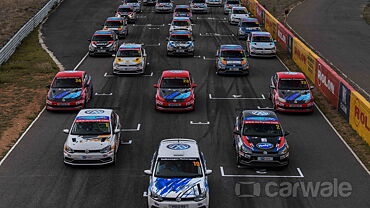
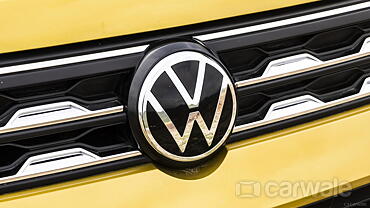




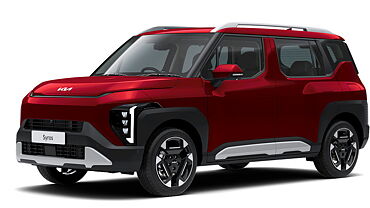
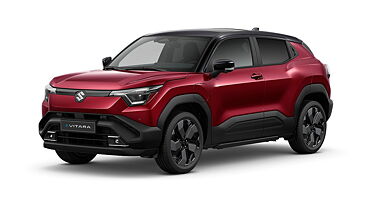

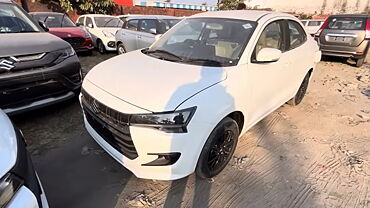
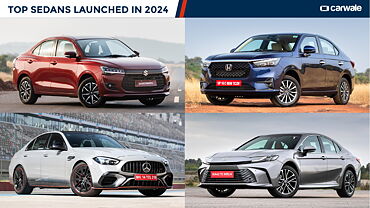

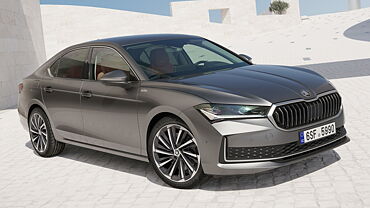
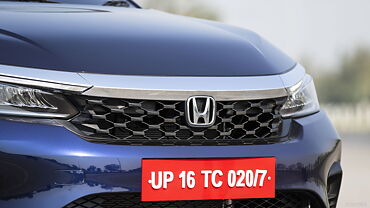

![Volkswagen T-Roc [2020-2021] Right Front Three Quarter Volkswagen T-Roc [2020-2021] Right Front Three Quarter](https://imgd.aeplcdn.com/199x112/n/cw/ec/43589/volkswagen-t-roc-right-front-three-quarter2.jpeg?q=80)
![Volkswagen T-Roc [2020-2021] Right Side View Volkswagen T-Roc [2020-2021] Right Side View](https://imgd.aeplcdn.com/199x112/n/cw/ec/43589/t-roc-exterior-right-side-view.jpeg?q=80)
![Volkswagen T-Roc [2020-2021] Right Rear Three Quarter Volkswagen T-Roc [2020-2021] Right Rear Three Quarter](https://imgd.aeplcdn.com/199x112/n/cw/ec/43589/t-roc-exterior-right-rear-three-quarter.jpeg?q=80)
![Volkswagen T-Roc [2020-2021] Dashboard Volkswagen T-Roc [2020-2021] Dashboard](https://imgd.aeplcdn.com/199x112/n/cw/ec/43589/t-roc-interior-dashboard.jpeg?q=80)
![Volkswagen T-Roc [2020-2021] Steering Wheel Volkswagen T-Roc [2020-2021] Steering Wheel](https://imgd.aeplcdn.com/468x263/n/cw/ec/43589/t-roc-interior-steering-wheel.jpeg?q=80)




